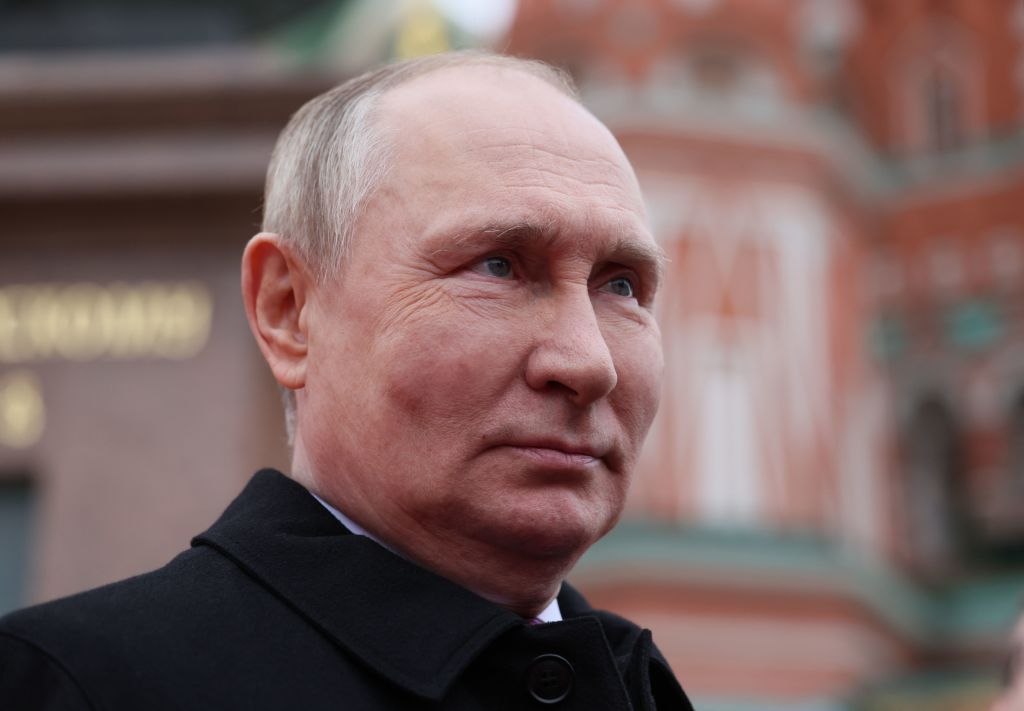Focus on Syria has dwindled since the pandemic and Russia’s invasion of Ukraine. But over a decade after the country’s bloody civil war first started, the conflict rumbles on. Armed groups continue to jockey for position. The death toll, caused by Russia’s air force, Iran’s militias, and Bashar al-Assad’s forces, continues to rise.
To keep the enclave in the country’s north on its toes, perhaps, the Syrian regime likes to lob artillery into villages and call in Russian aerial attacks. This happens often. Civilians frequently die when the missiles and bombs land in marketplaces.
This week saw an intensification of this low-level war on non-combatants. On 6 November, the regime and, most likely, the Russian air force bombed a series – not of towns, as normal – but refugee camps across the province of Idlib. Dozens were killed, including women and children. The youngest victim was one year old.
This is a transparent war crime, with no military purpose. The locations of the camps, which are home to thousands of vulnerable people, are well known. The attacks against these nine camps were spread over a wide area and clearly co-ordinated. Footage of some of the attacks has led to speculation that banned munitions, including cluster bombs, were deployed.
This is a reminder of the constant, unceasing brutality of Syria’s war, which is continuing without respite. It is also a rebuke to those European countries that declare northern Syria to be safe as a fig-leaf to cover their own deportations of Syrians. It is also a rebuke to Turkish attempts to deport as many Syrian refugees as possible there. (One of those killed was recently returned from Turkey.)
This attack is a reflection of something nastier and more pervasive too, which we see in Russian tactics in its imperial war in Ukraine. An element of sadistic premeditation, wrapped in the false attribution – in advance – of one’s own war crimes to others.
A day or so before the attack, Russia’s Major General Oleg Yegorov told Russia’s state media that Moscow had information that Syrian terrorists planned to film staged footage in the Idlib province in order to accuse Syrian authorities and Russian forces of conducting strikes on civilians.
Russia’s media suggested that militants, as well as what it called ‘the ‘White Helmets’ pseudo-humanitarian organisation…plan to carry out provocations in the Idlib province’.
Such reports appear to be part of an old trend, an artefact of the long Russian history of lying in advance about atrocities it has knowledge of before they happen. The strategy is simple: deny an atrocity, or attribute it to others, then put the horror into practice on schedule.
Of course, Russia also frequently predicts things which never materialise. In its fight with Ukraine, Russia has warned of the bombings of atomic power plants, the destruction of dams and the flooding of low-lying cities, chemical attacks by the dozen, and more. These things have not happened – yet.
So we must still be careful. ‘Never believe anything until the Kremlin denies it’ may be an easy rule of thumb – but the reality is crueller and muddier.
Putin’s Russia threatens all sorts of things. But the honest reporter must wait until the horror unfolds before drawing honest conclusions – condemned to wait for the atrocity rather than playing the Russian and regime game of violent clairvoyance.
James Snell is writing a book on the war in Afghanistan.






Comments